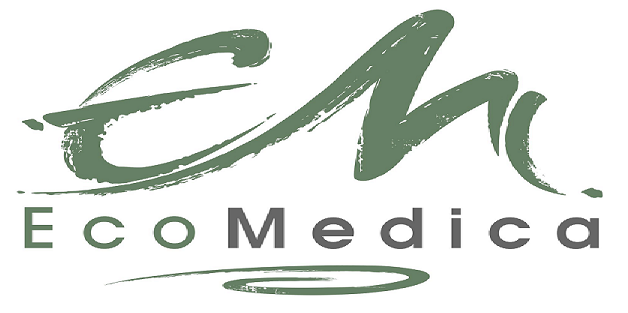Inflammation is the body’s normal response to infections, diseases, injuries, and anything it considers harmful. It is important to lower inflammation during treatment because this will help fight against toxic compounds, pathogens and damaged cells build up in organ tissues. Certain foods are known to cause inflammation in the body. One of the fastest ways to decrease inflammation is to adopt an anti-inflammatory diet.
Fruits and vegetables are particularly important in the defense against inflammation. Vegetables in the allium family include garlic, scallions, onions, Chinese chives, and leeks.
Cruciferous vegetables include broccoli, cabbage, cauliflower, mustard greens, and Brussel sprouts.
Phytonutrients are found in all berries and colorful fruits. They are naturally sweet and a great alternative to sugar.
Beans are a great source of protein and contain important minerals such as magnesium, potassium, zinc, and iron. These include black beans, red kidney beans, navy beans, garbanzo (chickpeas) beans, and pinto beans. You should eat these at least twice a week.
Here are anti-inflammatory foods to include in your diet: Blueberries, Blackberries, Cherries, Dark Grapes, Kale, Spinach, Cauliflower, Brussels Sprouts, mustard greens, cabbage, scallions, leeks, broccoli, beans, lentils, onions, garlic, green tea, avocado, coconut, olives, walnuts, pistachios, pine nuts, almonds, turmeric, ginger, cinnamon, dark chocolate, fish, spices


